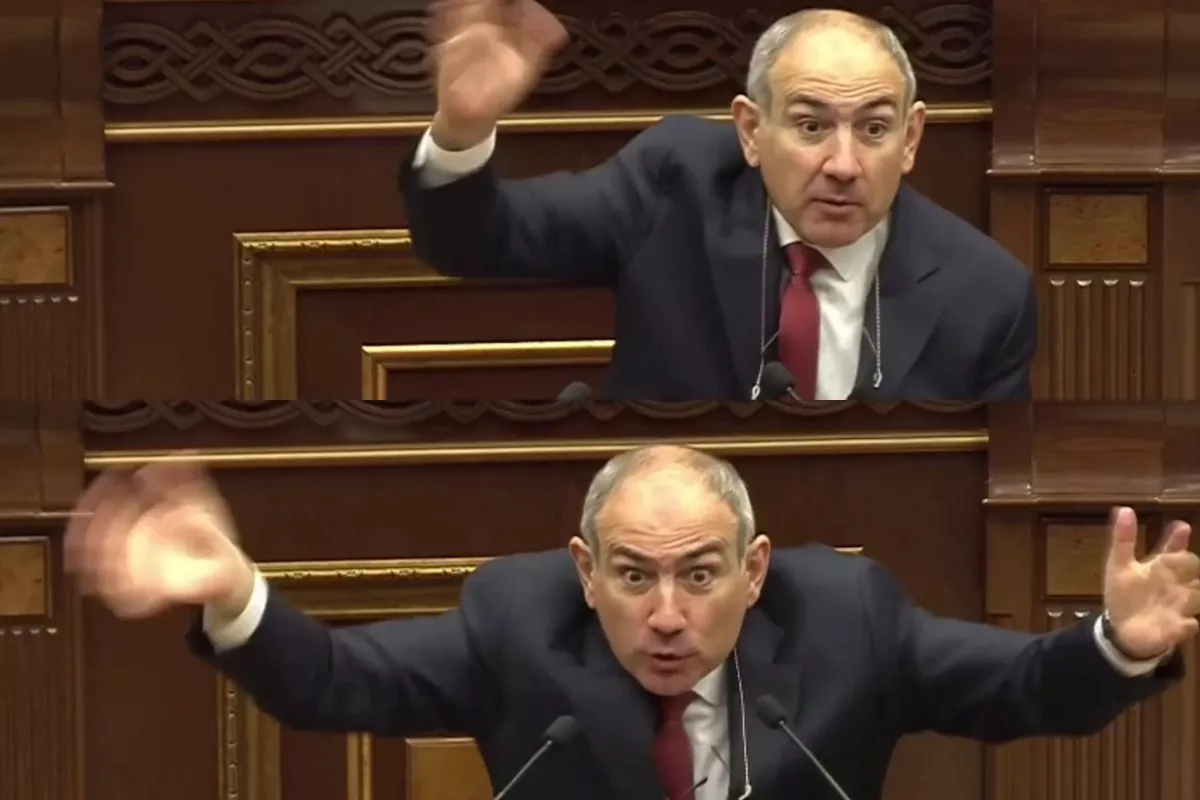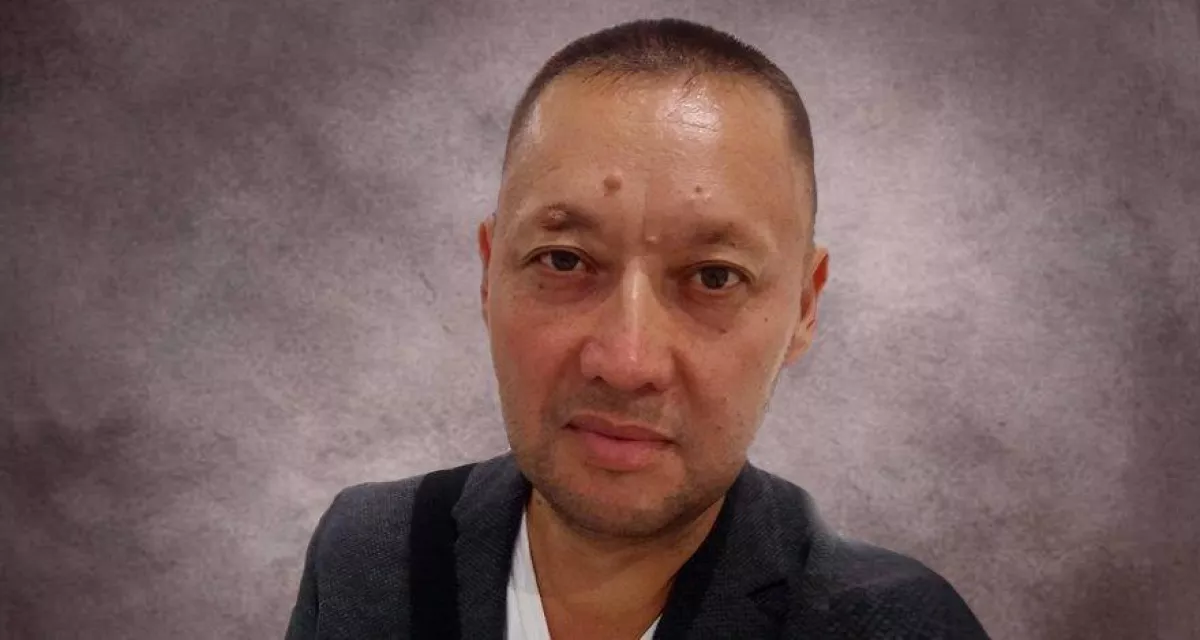Armenia's constitutional see-saw Experts weigh in on Pashinyan’s shifting rhetoric
The show goes on. Just a few days ago, Prime Minister Nikol Pashinyan denied that Armenia’s Constitution contains any territorial claims against Azerbaijan. Moreover, he accused Azerbaijan of harbouring "territorial claims" against Armenia. But now, his rhetoric has shifted dramatically.
Pashinyan has stated that Armenia’s new Constitution should not contain any reference to the Declaration of Independence, which includes territorial claims against Azerbaijan.

According to him, the issue of the future Constitution should be decided by the people, with arguments “for” and “against” to be presented by political forces and their leaders.
Which of Pashinyan’s statements should be trusted more? Is this yet another case of familiar populism, or is Yerevan genuinely prepared to take steps towards advancing peace initiatives with Baku?
To find out, a Caliber.Az correspondent turned to foreign political analysts.

According to British journalist and political analyst Yuri Goligorsky, former Head of the BBC World Service’s broadcasting for the former USSR region, Pashinyan is neither the first nor the last politician to float trial balloons in the form of deliberately contradictory statements to gauge public reaction.
“It is quite possible that he sees problems in certain constitutional articles that conflict with the current reality. He’s not the only politician to find himself in such a situation.
Let’s not name names, but some politicians in the post-Soviet space have been forced to turn to their constitutions to see whether they contradict present-day realities. Generally, this is a measure taken out of necessity. Constitutions are not changed overnight — it usually requires building a certain level of consensus within society first.
This is always a painful process because a constitution is the fundamental law everywhere. It defines the foundations of the state. If a constitution is frequently amended, it suggests that the state is not entirely stable. So, I’m not surprised that today a head of state says one thing, and tomorrow something entirely different. Many politicians do this.
Can Pashinyan be trusted? In my opinion, at this point, there’s simply no alternative.
Overall, I believe events are moving in a direction that is positive for peace. I see this as Pashinyan’s attempt to develop a public approach and achieve national consensus within Armenia, which would allow him to sign a peace agreement with Azerbaijan.
It’s also worth adding — this is a forced measure for Armenia; in essence, there are no other viable options. I believe Pashinyan understands that this would be beneficial for Armenia both politically and economically. Armenia doesn’t have many friends or allies who can support Yerevan in such situations,” Goligorsky remarked.

According to Kazakh political analyst, historian, and blogger Ruslan Tusupbekov, all of Pashinyan’s statements are nothing more than verbal acrobatics.
“The essence of Azerbaijan’s demands comes down to one simple point: Armenia’s Constitution contains territorial claims against Baku. So just remove them from the Constitution — that’s it. What’s the problem?
The Karabakh issue was resolved primarily thanks to the determination of the Azerbaijani side. Karabakh is now under Azerbaijan’s control — it has returned to where it always belonged, as part of the Azerbaijani state.
Armenia needs to acknowledge this, amend its Constitution, and put an end to this matter. There can be no half-measures here.
All references to the Constitutional Court are merely a ploy to avoid changing the Constitution and to continue considering Karabakh as Armenian territory — to keep making claims against a neighbour. In essence, it’s political deception.
The problem was resolved five years ago. Now it’s time to sign an agreement and close this chapter once and for all. As for Pashinyan’s latest speeches — they only prove that tomorrow he could say something entirely different.
One can say many things — what matters is that declared positions are reflected in concrete, signed documents. If Pashinyan truly intends to remove the territorial claims from Armenia’s Constitution, then let him follow through, make every effort to implement it — and only then put forward any proposals to Baku,” Tusupbekov emphasised.








